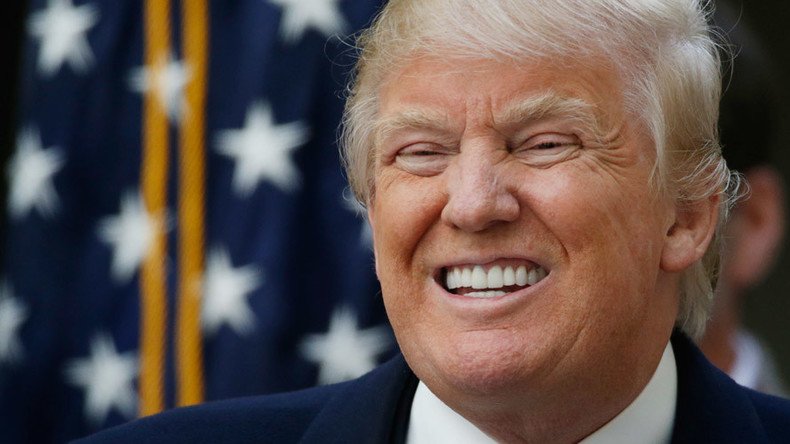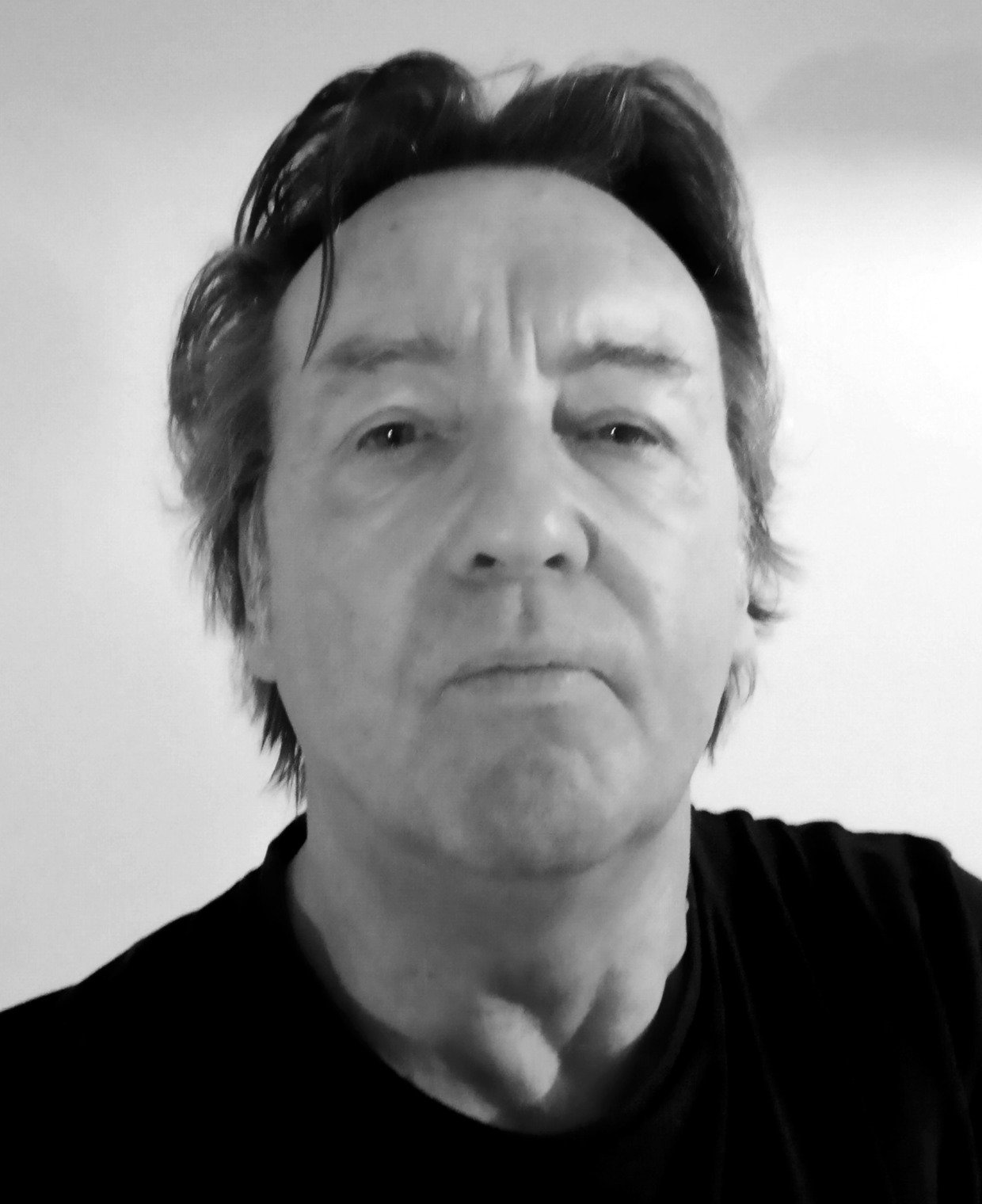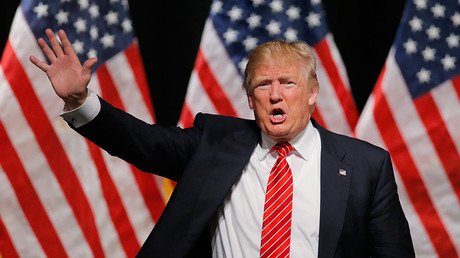Buyer beware: Why Trump can’t be trusted

He’s open to doing business with Putin, overhauling NATO and socking it to the Saudis – these are just some of the novel foreign policy stances of Trump. But, fittingly for the business magnate, buyer beware is the watchword.
Tycoon Trump has brilliantly branded himself as the ultimate “outsider”. His profane irreverence for “the establishment” in Washington has resonated keenly with America’s white, blue-collar population – who feel economically marginalized by Wall Street corporate lobbyists and their politician-fixers on both sides of the aisle in Congress.
The former reality TV star, whose brash catch-line “You’re fired!” seems appropriately radical, has also made some surprisingly favorable impressions in the realm of international relations.
He warned the New York Times at the weekend that he would consider ditching oil purchases from Saudi Arabia if the House of Saud didn’t pull its weight in terms of paying for American military support or putting more of their own boots on the ground in regional conflict zones.
“If Saudi Arabia was without the cloak of US protection, I don’t think it would be around,” said Trump, with a tone of exasperation towards the oil-rich kingdom that registers with many ordinary Americans.
Last week, the New York billionaire also fired off to the Washington Post that the US-led NATO military alliance had become obsolete. 'Trump questions the need for NATO,' read the headline of an exclusive interview in which he called for an “overhaul” of the organization founded in 1949.
“NATO is costing us a fortune,” said Trump, who added that European countries should from now on look after their own security needs.
He also repudiated the conventional US policy of interventionism around the world.
In reference to American military involvement in Afghanistan, Iraq and Libya under the Bush and Obama presidencies, Trump said: “I do think it’s a different world today, and I don’t think we should be nation-building anymore. I think it’s proven not to work, and we have a different country than we did then. We have $19 trillion in debt. We’re sitting, probably, on a bubble. And it’s a bubble that if it breaks, it’s going to be very nasty. I just think we have to rebuild our country.”
@WSJ@reidepstein#cruzsexscandal was the cruise involved in the Ashley Madison hack? #Cruz2016pic.twitter.com/nIkT0TOMZ1
— Donald T. Trump (@reaDonaldTrump) March 25, 2016
Trump has caused much consternation over his derogatory views on Muslims and Latinos, which have garnered accusations of inciting racism and xenophobia. He has relished his “strongman image” which flirts with endorsing violence at his rallies against would-be protesters. The real estate magnate has also sailed close to the wind on the issue of white supremacy, after reportedly receiving backing from a Ku Klux Klan figure.
Trump’s penchant for low-ball verbal personal attacks on his presidential rivals was no doubt the motive for why US Secretary of State John Kerry recently lamented that the country was becoming an international embarrassment.
“It upsets people’s sense of equilibrium about our steadiness, about our reliability,” Kerry told ABC’s Face the Nation program. “And to some degree I must say to you, some of the questions [from foreign officials], the way they’re posed to me, it’s clear to me that what’s happening is an embarrassment to our country.”
Nevertheless, it is clear from Trump’s trail-blazing wins in the US primary elections so far that he is for many ordinary voters a hero and a serious option as the next president later this year. His contempt and disregard for the Washington elite is a vote-winner especially among disenfranchised working-class Americans.
Internationally, Trump’s apparently unconventional views have also excited an expectation that, maybe, this maverick could bring a positive radical change away from Washington’s imperious, unilateral policies. Ironically, could Trump, who is accused of having a bullying manner, be the one to overturn Washington’s bullying foreign conduct? In particular, with regard to Russia.
In his recent foreign policy interviews with the New York Times and Washington Post, Trump had little to say on relations with Russia. It seems surprising that his interviewers did not pursue that issue.
Three months ago, Trump and Russian President Vladimir Putin appeared to strike a cordial chord after Putin described him as “a talented person”. Trump replied through media comments that he was “honored” by the praise from such the “highly respected” Russian leader. Trump has also said on occasions that he would be open to doing business with Putin.
The top Republican presidential contender thus sounded refreshingly open-minded and independent towards Russia, and not molded by the hackneyed Washington mindset that has sought to demonize Putin as a global security threat.
However, more recent developments raise question marks about Trump’s seeming “independence”.
Last week, his campaign team released an attack-ad against Democrat presidential hopeful Hillary Clinton in which the message snidely makes Putin the butt of the joke.
The video opens with the Russian leader performing a judo throw against a fellow martial arts competitor. It then proceeds to announce: “When it comes to facing our toughest opponents… the Democrats have the perfect answer.”
The Trump ad cues to Clinton barking like an ineffectual puppy. The video punchlines with a clip of Putin laughing like a sinister villain apparently in derision of Clinton.
So, in spite of earlier comments by Trump that appeared to accord friendly respect towards the Russian president, his latest attack-ad against Clinton shows a very different side of his thinking. If it is politically expedient to get ahead of presidential rivals, then evidently Trump will resort to dishing the dirt and joining the chorus of demonizing Putin.
That tawdry Trump move of back-stabbing the Russian leader does not say much about Trump’s integrity or trustworthiness.
A second revealing development was Trump’s appointment of his foreign policy team last week. Chief among his advisers is hawkish Republican Senator Jeff Sessions. Sessions has distinguished himself with gung-ho and outlandish statements on Russia over its “annexation” of Crimea and “aggression” towards Ukraine and Georgia. He has called for America to inflict “pain” on Russia over its alleged transgressions.
In March 2014, the senator told US media: “I believe a systematic effort should be undertaken so that Russia feels pain for this. Because if you don’t act now to make some sanctions against Russia then why will they believe in the future that we’re going to impose sanctions or do anything aggressive if they move forward to take all of Ukraine, all of Georgia?”
That scary balderdash is from the man set to lead a President Trump national security team.
It is also a warning sign that Trump is not the shake-up “people’s hero” that he has adeptly projected up to now.
Yes, in some ways it is satisfying to see how Trump has confounded the political establishment and sent the Washington elite into paroxysms of panic.
But his mercurial views on Russia and in particular his scurrilous skewering of Putin reveal that Trump is not to be trusted.
Indeed, Trump’s hitherto foreign policy stances are not so much allusions to a progressive, radical change in American conduct. Rather, they are indicators of someone who has a facile understanding of international relations and how American power really operates.
In power, Trump could be a dangerous loose cannon prone to being even more manipulated by the Deep State than previous occupants of the White House.
The statements, views and opinions expressed in this column are solely those of the author and do not necessarily represent those of RT.















